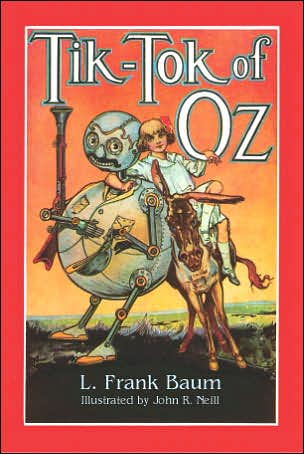The Past, Present, and Futures of Artificial Intelligence

Artificial Intelligence is in the news, no question. The last few science fiction conventions I’ve been at, panels on AI have been getting filled rooms & lots of questions. It’s all over the news as well. And it’s a subject I find interesting: and — being a professional programmer — an area where I may be able to contribute, perhaps looking at the use of AI techniques to generate physics experiments.
What is meant by AI is one problem: is it anything that uses AI techniques, as Neural Nets or Genetic Algorithms? Or do you need to be pointing in the direction of some kind of sentience for it to be true AI? Will it replace us? Should it? The hype/content ratio sometimes hits near Trumpian levels.
So good subject for a talk. But what line of attack to take? Last week I caught a great talk at DataPhilly on the use of AI for sports betting (and other things). The formal title was:
Practical Scaling: How to Use Simple Tools to Create and Implement Complex Modeling Systems — James Piette
For “complex modeling systems” think practical AI. My personal favorite of his slides cited three principles:
- Moravec’s Paradox: AI and humans are good at opposite things. So use AI for what it is good at (crunching) and let the humans do what they are good at (intuiting).
- Pareto’s Principle or the 80/20 rule. 20% of the work gets you 80% of the value, so focus on the high value parts of the problem.
- The Scientific method: observe, hypothesize, test, repeat. This works for science — and it works for software debugging (another favorite topic of mine), startups, and AI.
And this strikes me as the kind of no-nonsense, practical, even scientific approach that a subject like AI needs. (Thanks James!) So for my 2020 SF Convention talk:
The Past, Present, and Futures of Artificial Intelligence. — From Oz’s Tik-Tok to the Mechanical Turk, from Neural Nets & Genetic Algorithms to Chess & StarCraft, from Medical Diagnosis to Robot Frogs, from Facial Recognition to Fakes, Deep Fakes, & Anti-Fakes, AI is everywhere today. How did it start? What do we mean by AI? What are the basic AI techniques? How is it being used? What are the benefits? risks? and how should we manage AI going forwards?
Be seeing you: